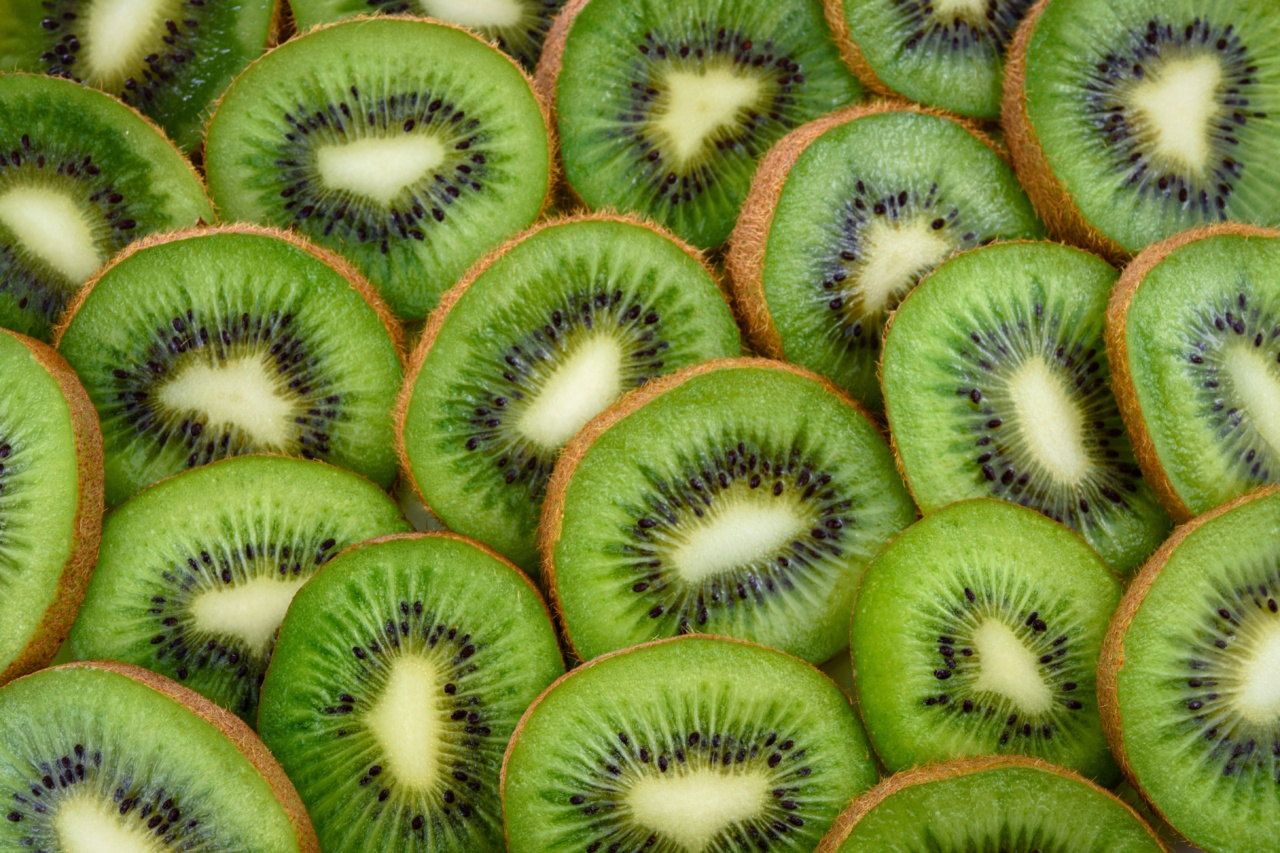When it comes to fruits, there are some that have earned a reputation for being “forbidden.” These fruits have often been associated with various myths and legends or have been deemed as too exotic or even dangerous.
However, what many people don’t know is that these so-called forbidden fruits are not only delicious but also incredibly nutritious. In this article, we will explore ten of these fruits and uncover their hidden health benefits.
Dragon Fruit: A Tropical Delight
Dragon fruit, also known as pitaya, is a strikingly beautiful fruit with a vibrant pink or yellow skin and white or pink flesh speckled with tiny black seeds. Despite its common association with Asia, dragon fruit is now grown and enjoyed worldwide.
It is low in calories and high in fiber, making it an excellent choice for weight management and digestive health. Additionally, dragon fruit is rich in antioxidants, which help fight free radicals and reduce the risk of chronic diseases.
Jackfruit: The Largest Tree Fruit
Jackfruit is a tropical fruit native to South India and is the largest tree fruit in the world. It is famous for its enormous size and unique flavor.
Jackfruit is packed with essential nutrients, including vitamin C, vitamin A, potassium, and dietary fiber. It also contains antioxidants that can help protect the body against oxidative stress.
Moreover, jackfruit is a great source of energy due to its high carbohydrate content, making it an ideal snack for athletes or anyone in need of a natural energy boost.
Durian: The King of Fruits
Durian, often referred to as the “king of fruits,” is controversial due to its strong odor, which some people find offensive. However, those who can look past the smell are rewarded with a unique and delicious flavor.
Durian is a rich source of vitamins, minerals, and antioxidants. It contains high levels of vitamin C, vitamin B complex, potassium, iron, and fiber. The fruit’s high antioxidant content helps strengthen the immune system and fight against harmful free radicals.
Rambutan: Nature’s Juicy Gem
Rambutan is a small tropical fruit with a spiky red or yellow skin that is native to Southeast Asia. Despite its unusual appearance, rambutan is incredibly juicy and has a sweet and slightly acidic taste.
It is packed with vitamin C, which boosts collagen production and strengthens the immune system. Rambutan also contains copper, which is essential for maintaining healthy skin and aiding in the production of red blood cells. Furthermore, it is rich in iron, which helps prevent anemia.
Lychee: The Symbol of Romance
Lychee is a small, round fruit that originated in China and has since spread to various parts of the world. It has a sweet, floral flavor that is often associated with romance.
Lychee contains high levels of vitamin C, which helps protect against common illnesses like colds and flu. This fruit also provides essential minerals such as potassium and copper. Potassium plays a vital role in maintaining a healthy heart, while copper aids in iron absorption and red blood cell production.
Guava: A Tropical Powerhouse
Guava is a tropical fruit that is often considered a superfood due to its impressive nutritional profile. It is packed with vitamin C, fiber, and antioxidants, helping boost the immune system and protect the body against chronic diseases.
Guava is also an excellent source of folate, a nutrient essential for pregnant women as it helps prevent birth defects. Additionally, this fruit is rich in potassium, which helps regulate blood pressure and maintain a healthy heart.
Passion Fruit: A Taste of the Tropics
Passion fruit is a unique fruit with a wrinkled purple or yellow skin and a tangy, tropical flavor. It is not only delicious but also highly beneficial for overall health.
Passion fruit is an excellent source of antioxidants, including vitamin C and beta-carotene. These antioxidants help protect against cellular damage and reduce the risk of chronic diseases. The fruit is also rich in fiber, which aids in digestion and promotes a healthy gut.
Star Fruit: A Tropical Delight
Star fruit, also known as carambola, is a tropical fruit with a distinct star shape when sliced. It has a sweet and tangy taste, making it a popular choice for juices and salads.
Star fruit is high in vitamin C, which helps support the immune system and promote healthy skin. It is also a rich source of dietary fiber, which aids in digestion and prevents constipation. Additionally, star fruit is low in calories, making it an excellent choice for those watching their weight.
Feijoa: A Hidden Gem
Feijoa, also known as pineapple guava, is a small green fruit with a unique flavor that combines the taste of pineapple, strawberry, and guava. It is native to South America but is now grown in various regions around the world.
Feijoa is rich in vitamin C and antioxidants, which help strengthen the immune system and fight inflammation. It is also a good source of dietary fiber, which aids in digestion and promotes a healthy gut.
Persimmon: The Orange Jewel
Persimmon is a bright orange fruit native to East Asia and is known for its striking appearance and rich flavor. It is a good source of vitamins A and C, which are important for maintaining healthy skin and boosting the immune system.
Persimmons also contain dietary fiber, which aids in digestion and promotes feelings of fullness, making it a great option for weight management. Additionally, they are rich in antioxidants and beneficial plant compounds that contribute to overall health and well-being.





























